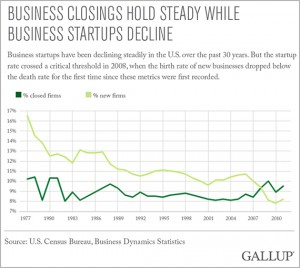Pozen’s article discusses and defines the so-called four newer categories of entrepreneurship: social, policy, norm, and moral. This Huffington Post article refers to Warby Parker as “social entrepreneurship.” However, Pozen’s piece defines social entrepreneurship as “most basically . . . anyone who starts a nonprofit organization.” Does anyone think companies like Warby Parker or Toms (with admirable “one-for-one” business models) actually fit into Pozen’s definition of social entrepreneurship? Does Warby Parker fit any of the category definitions? Or is Warby Parker in actuality a classic example of capitalistic entrepreneurship? Are these different categories of entrepreneurship even appropriate or necessary?
http://www.huffingtonpost.com/one-world-with-deepak-chopra/the-art-of-social-entrepr_b_5008138.html



